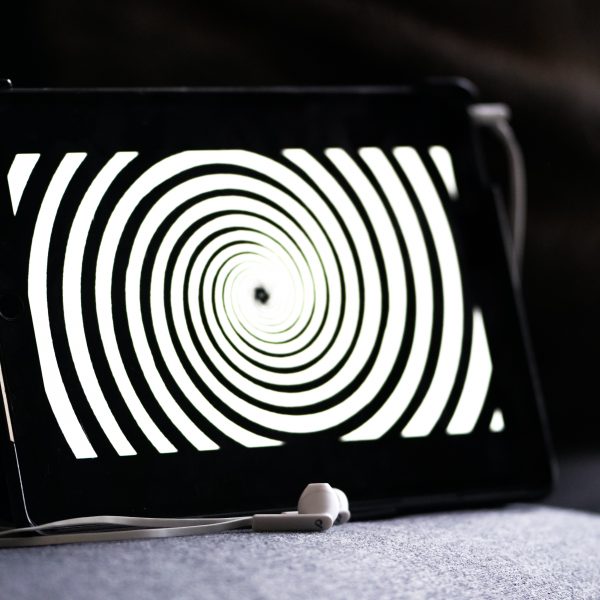23-year long study of neuroimaging shows effects of tech on children’s brains

Time spent watching television or playing computer games has measurable and long-term effects on children’s brain function, according to a review of 23 years of neuroimaging research.
The research team included experts from the Education University of Hong Kong, Shanghai Normal University in China and Macquarie University in Australia, who wanted to know how digital activity affected the brain’s plasticity – or malleability – during critical periods of development.
Researchers synthesised and evaluated studies on children’s digital use and associated brain development published between January 2000 and April 2023, with the ages of participants ranging from six months of age upwards.
Screen-based media were the most commonly used by the participants, followed by games, virtual visual scenes, video viewing and editing, and internet or pad use.
The paper concludes that these early digital experiences are having a significant impact on the shape of children’s brains and their functioning. This was deemed as both potentially positive and negative, but mainly more negative.
Despite their sometimes negative findings the researchers stopped short of advocating for limits on screen time, which they say can lead to confrontation. Instead, they urged policymakers to help parents navigate the digital world by promoting programs which support positive brain development.
The evidence review looked at 33 studies which used neuroimaging technology to measure the impact of digital technology on the brains of children under the age of 12. In total, more than 30,000 participants are included.
One of the key findings was that screen time leads to changes in the pre-frontal cortex of the brain, which is the base of executive functions such as working memory and the ability to plan or to respond flexibly to situations.
It also finds impacts on the parietal lobe, which helps us to process touch, pressure, heat, cold, and pain; the temporal lobe, which is important for memory, hearing and language; and the occipital lobe, which helps us to interpret visual information.
“It should be recognised by both educators and caregivers that children’s cognitive development may be influenced by their digital experiences,” said the study’s corresponding author, Chair Professor Hui Li, from The Education University of Hong Kong.
“Limiting their screen time is an effective but confronting way, and more innovative, friendly, and practical strategies could be developed and implemented.”
Popular

Practice
Provider
Quality
Research
Workforce
New activity booklet supports everyday conversations to keep children safe
2025-07-10 09:00:16
by Fiona Alston

Quality
Practice
Provider
Research
Workforce
Honouring the quiet magic of early childhood
2025-07-11 09:15:00
by Fiona Alston

Quality
Practice
Provider
Workforce
Reclaiming Joy: Why connection, curiosity and care still matter in early childhood education
2025-07-09 10:00:07
by Fiona Alston












